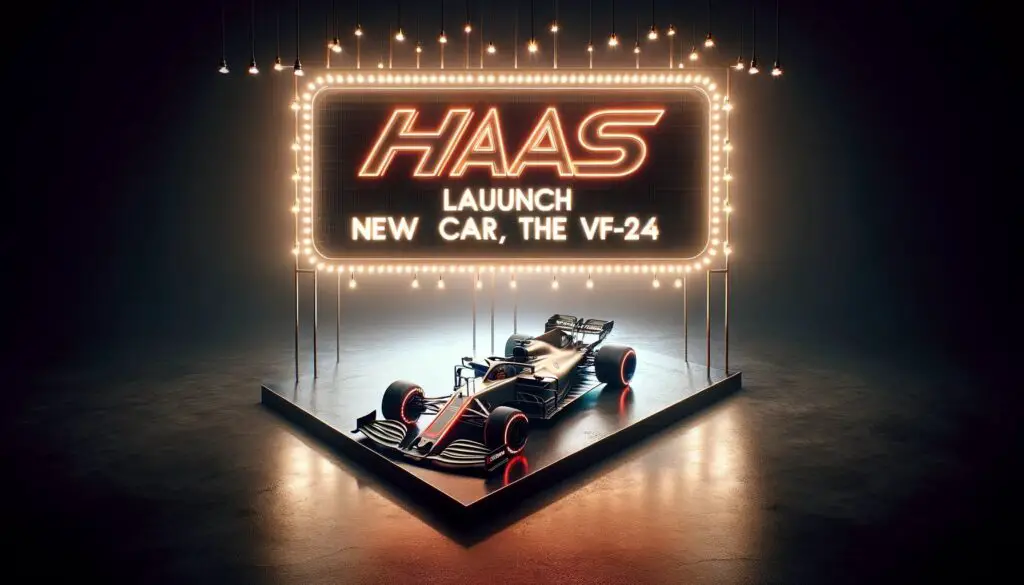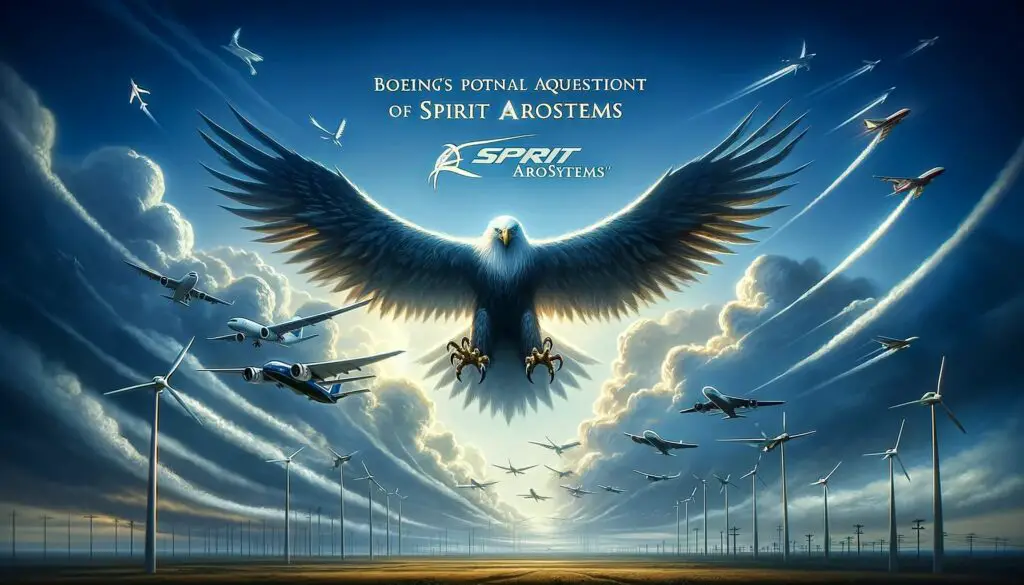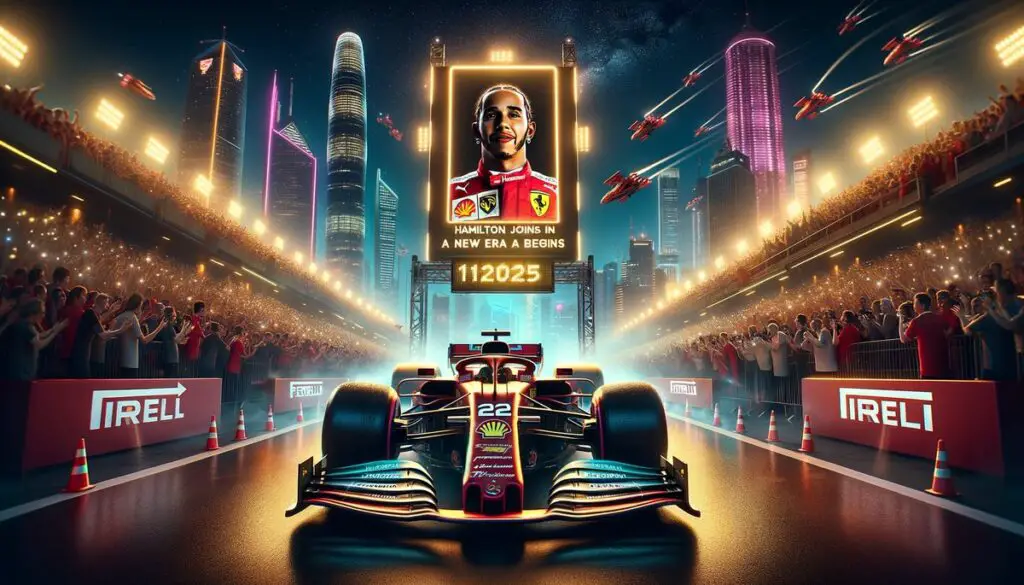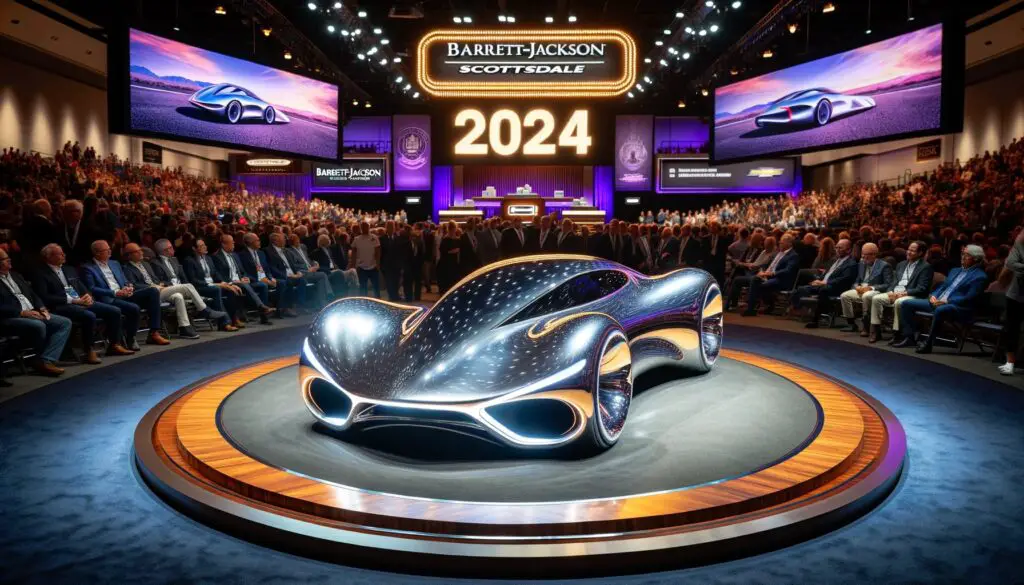In a grand unveiling that sent shockwaves through the Formula One world, Haas F1 Team introduced the VF-25, a machine that embodies innovation, resilience, and speed. Alongside this engineering marvel came a major leadership shift: the departure of the legendary Guenther Steiner and the arrival of Ayao Komatsu as team boss. Together, these developments signal a new chapter for Haas as they enter the 2026 F1 season with bold ambitions.
The VF-25: A New Chapter for Haas
Design Philosophy Behind the VF-25
The VF-25 isn’t just a race car; it’s a statement of intent. Haas engineers embraced cutting-edge aerodynamics, optimized weight distribution, and improved powertrain efficiency to deliver a car that balances speed with reliability. Every design choice reflects Haas’s determination to climb the F1 grid in 2026.
The Shift to a Predominantly Black Livery
One of the most striking changes is the VF-25’s sleek black livery. Beyond aesthetics, the darker finish improves heat dissipation while projecting power and elegance on the grid — a clear statement of Haas’s new era.
Technical Innovations in the VF-25
-
Advanced suspension systems for better tire management
-
Refined aerodynamics from extensive wind tunnel testing
-
Improved power unit integration for efficiency and reliability
-
Enhanced driver feedback systems to tailor performance
Comparing VF-25 vs. VF-24
While the VF-24 marked a turning point, the VF-25 is a leap forward. With upgrades in aerodynamics, chassis balance, and energy recovery, Haas has created a package better suited for consistency across race weekends.
Leadership and Vision
The End of the Steiner Era
Guenther Steiner’s departure closed a defining chapter for Haas. Known for his charisma and straight-talking leadership, Steiner built the team’s identity and carried it through challenging seasons. His legacy is firmly cemented in Haas history.
Ayao Komatsu Takes the Helm
Now, Ayao Komatsu brings a fresh technical approach and steady leadership. His engineering background and pragmatic vision are expected to strengthen Haas’s competitiveness.
Gene Haas’s Long-Term Vision
Gene Haas remains fully committed to Formula One, prioritizing:
-
Innovation & sustainability
-
Team stability & growth
-
A roadmap toward consistent points finishes and podium contention
Impact on Team Dynamics
Leadership changes inevitably alter team dynamics. While Steiner’s exit left a void, Komatsu’s analytical style and focus on collaboration could unlock new potential. How Haas adapts in 2026 will define their trajectory.
Driver Line-Up: Magnussen and Hulkenberg
Experience on the Grid
-
Kevin Magnussen: Aggressive racer, known for strong starts and defending.
-
Nico Hülkenberg: Veteran with technical consistency and experience across multiple teams.
Chemistry and Expectations
Both drivers enter 2026 with renewed focus. Their feedback has been crucial in VF-25 development, and Haas expects them to push for regular top-10 finishes, and potentially podiums when conditions align.
Technical Team Insights
-
Challenges: Balancing cost-cap constraints with performance upgrades.
-
Austin Upgrade Lessons: Key aerodynamic learnings from 2024 are built into the VF-25 from the start.
-
Wind Tunnel Discoveries: Improvements in downforce efficiency provide better cornering stability.
-
Driver Feedback: Both Magnussen and Hülkenberg influenced cockpit ergonomics, suspension setups, and braking feel.
Preseason Preparations
Bahrain Testing
Preseason testing at Bahrain offers the first real benchmark of the VF-25. Haas’s goals include reliability checks, long-run performance evaluations, and fine-tuning tire degradation strategies.
Expectations
-
Validate aerodynamic upgrades
-
Ensure consistent race pace, not just one-lap speed
-
Build confidence ahead of the first GP weekend
The Departure of Guenther Steiner: Implications
Analysis of Impact
Losing Steiner shifts Haas’s leadership DNA. His departure means less showmanship, but Komatsu’s data-driven philosophy could yield more structured growth.
Reactions from Fans & Media
The F1 community remains divided — some miss Steiner’s passion, while others welcome Komatsu’s technical focus. Either way, Haas’s story continues to be one of the sport’s most compelling.
2026 Season: Strategy and Expectations
-
Goals: Consistent points, mid-field battles, occasional Q3 appearances.
-
Competitive Landscape: Red Bull, Mercedes, Ferrari, and McLaren remain dominant, but Haas sees opportunities to outperform Alpine, Williams, and Sauber.
-
VF-25’s Role: A foundational step toward Haas becoming a stable, competitive midfield team.
Challenges and Opportunities
-
Challenges: Budget cap limitations, fierce midfield rivals, and reliability risks.
-
Opportunities: Technical stability, improved driver synergy, and strategic adaptability.
-
Resilience: Haas’s ability to adapt under pressure will be critical in maximizing results.
Fanbase and Sponsorship
-
Sponsors: Strengthened partnerships ensure financial stability.
-
Fan Engagement: Haas continues to leverage digital platforms and social media to grow its global fanbase.
-
Support System: Loyal fans and sponsors remain integral to Haas’s growth strategy.
Comparative Analysis: VF-25 vs. Competitors
While not yet on par with the likes of Red Bull or Mercedes, the VF-25’s efficiency and stability position Haas to challenge rivals like Williams, Alpine, and Aston Martin for valuable midfield points.
Looking Ahead: The Future of Haas in Formula One
-
Tech Evolution: Expect Haas to continue leveraging AI simulation, lightweight composites, and energy recovery innovations.
-
Regulation Changes: Haas is preparing early for upcoming 2026 F1 regulations, ensuring they stay ahead of the curve.
-
Long-Term Role: Haas aims to evolve from “survivors” of the midfield into consistent point-scorers — and eventually, podium challengers.
FAQs
Q: Why did Guenther Steiner leave Haas?
A: Steiner stepped aside after nearly a decade, making way for new leadership and direction under Ayao Komatsu.
Q: What’s new in the VF-25 compared to the VF-24?
A: Improved aerodynamics, enhanced suspension systems, and better power unit integration.
Q: What are Haas’s goals for 2026?
A: Consistent points finishes, improved race pace, and stronger midfield competitiveness.
Q: Who are Haas’s drivers in 2026?
A: Kevin Magnussen and Nico Hülkenberg continue as the main driver lineup.
Conclusion
The unveiling of the VF-25 marks a pivotal moment for Haas F1 Team. With fresh leadership under Ayao Komatsu, the technical evolution of the car, and a focused driver pairing in Magnussen and Hülkenberg, Haas enters 2026 with determination and renewed optimism.
While challenges remain, the VF-25 symbolizes Haas’s ongoing transformation — from underdog to serious midfield contender — in Formula One’s ever-evolving landscape.











